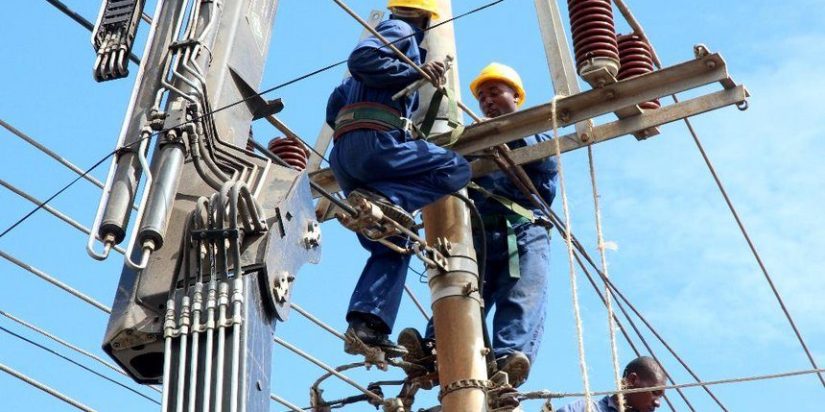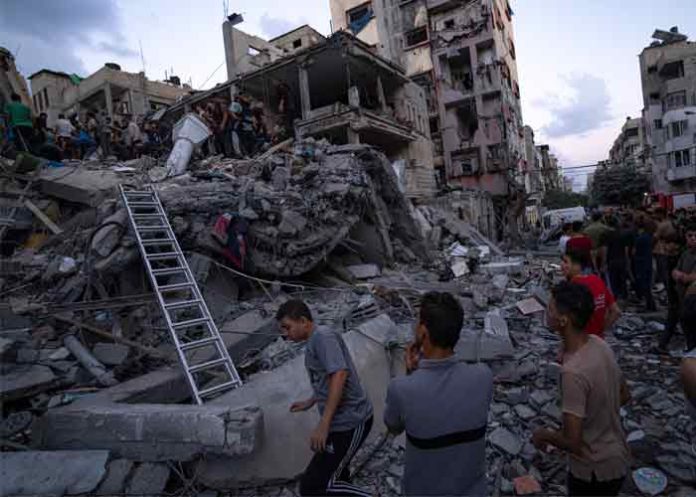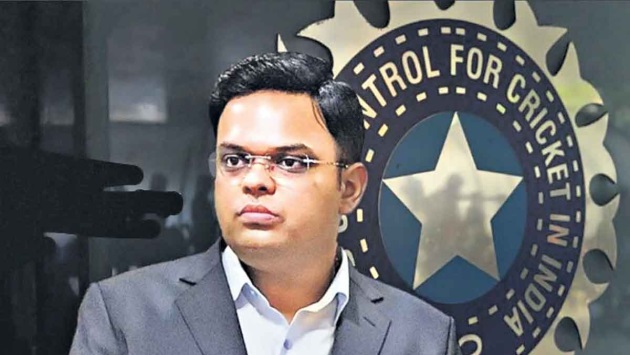
After assuming his fourth term as Prime Minister of Nepal on July 15, KP Sharma Oli has prioritised the development of sports infrastructure. In his first cabinet meeting, the government committed to upgrading the Tribhuvan University (TU) International Cricket Ground within 300 days, signalling a renewed focus on improving sports facilities. Minister for Youth and Sports, Teju Lal Chaudhary, has also emphasised that building sports infrastructure will be a top priority.
The need to upgrade the TU Cricket Ground has been on the government’s agenda for a long time, with previous administrations also emphasising its importance. Each year, a budget has been allocated for projects such as installing floodlights, digital boards, and constructing parapets at the ground. However, progress has been slow.
Prime Minister Oli’s initiative to complete the upgrade within 300 days is commendable, though it may seem ambitious. His keen interest in this project is likely to accelerate progress and eliminate delays that have prevented the ground from becoming a fully functional cricket stadium. The Prime Minister’s regular follow-ups and meetings with stakeholders at the TU Cricket Ground suggest that cricket enthusiasts will soon see improvements at the heart of Nepali cricket.
However, upgrading the cricket field is not the only priority. Regular maintenance of the international-standard Dasharath Stadium and enhancements of other sporting venues across the nation are also essential. It’s crucial to identify alternative venues for the Dasharath Stadium.
The Asian Football Confederation (AFC), the governing body of Asian football, has barred the stadium from hosting international matches due to its poor condition. Additionally, the recent SAFF U20 tournament had to be relocated to the artificial turf of the All Nepal Football Association (ANFA) ground in Satdobato because the Dasharath Stadium was deemed unfit for matches. To avoid such embarrassing situations, the government must also focus on upgrading other stadiums to meet international standards.
While the government allocates budgets for the construction and maintenance of sports venues annually, the reality is that many sports grounds and stadiums remain in a state of disrepair. Despite the lack of adequate sports infrastructure, Nepali athletes continue to shine internationally. They have achieved remarkable successes, overcoming significant challenges to win medals on the global stage.
Notably, many of these accomplishments have come from female athletes, who often receive less attention than their male counterparts. A groundbreaking achievement was made in Para sports, where minimal investment has been made. Para-taekwondo athlete Palesha Goverdhan became the first Nepali athlete to win a bronze medal at the Paris 2024 Paralympics.
Similarly, Karateka Arika Gurung earned a silver medal at the 20th Asian Senior Karate Championship. During the 8th South Asian Karate Championship, Nepali competitors secured 31 gold, 20 silver, and 11 bronze medals. Priya Rai and Rashila Tamang also excelled at the Asian Trail Master Championship in Malaysia, finishing first and third, respectively.
Moreover, the national women's volleyball team claimed second place in the CAVA Women’s Nations volleyball league, while the Nepal Police Club won the CAVA Women’s Club volleyball championship. All these achievements stem from sports that lack dedicated, purpose-built venues. Volleyball is the national sport of Nepal, yet there isn't a single international-standard indoor facility for it.
The same applies to Karate, which also lacks a covered training space. The lack of adequate infrastructure is a significant concern in Nepal’s sports development, and all stakeholders recognise that insufficient facilities hinder progress. The responsibility for constructing sports infrastructure in Nepal lies primarily with the government, as the private sector has been hesitant to invest due to the substantial funds required and uncertainty regarding returns on investment.
Although the concept of a public-private partnership model for infrastructure development has been discussed for some time, it has rarely been put into practice. Frequent government changes within a five-year electoral cycle may also lead to shifts in policy, further deterring private sector investment. Additionally, bureaucratic and legal hurdles have discouraged private involvement in the public-private partnership model for developing sports infrastructure.
The slow progress on the construction of the Moolpani Cricket Stadium, built by the government, and the incomplete Gautam Buddha Cricket Stadium, developed by the Dhurmus-Shuntali Foundation, highlights the need for collaboration between the government and the private sector to create sports venues. Private sector investment can also facilitate the commercial use of sports infrastructure, making it more profitable. Many sports venues constructed for the national games across the country have been left unused.
The lack of sports tournaments in rural areas has turned these facilities into "white elephants." However, the newly formed government, which aligns the two major parties (CPN-UML and Nepali Congress), has the potential to eliminate uncertainties and gain the trust of private investors with a stable administration. The Prime Minister has repeatedly stated that a primary goal of the current government is to end instability.
This presents a golden opportunity for both parties to enhance their image by focusing on development issues, especially since they do not face significant rivals. Also, the collaboration between the government and the private sector, supported by a stable political environment, could transform the sports landscape in Nepal, paving the way for even greater achievements by Nepali athletes. Let’s hope the government led by CPN-UML and Nepali Congress, with Oli—a strong supporter of sports—remains stable and takes the necessary steps to further develop Nepali sports.
(Joshi is associate editor at The Rising Nepal.).








